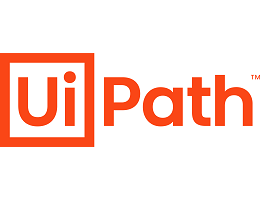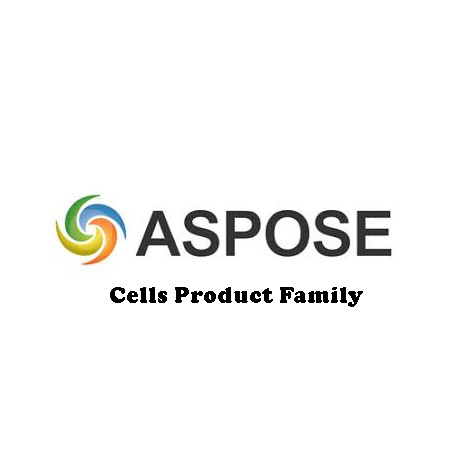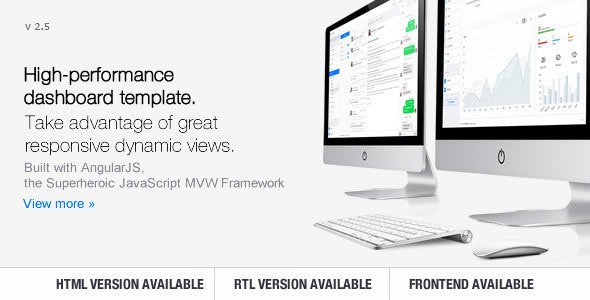Overview: Robot Framework is an open-source automation framework designed for acceptance testing, acceptance test-driven development (ATDD), and robotic process automation (RPA). It uses a keyword-driven approach to create readable and maintainable test cases. Robot Framework is highly extensible, supporting various libraries and tools to enhance its capabilities. Key Features:
- Keyword-Driven Testing: Uses keywords to create test cases, making them readable and easy to understand. Keywords can be reused across multiple test cases.
- Extensible Libraries: Supports numerous libraries for different types of testing, including SeleniumLibrary for web testing, DatabaseLibrary for database testing, and more.
- Data-Driven Testing: Allows for data-driven testing by using variables and data files to drive test cases. This makes it easy to run the same test with different data sets.
- Integration with Other Tools: Integrates with various tools and frameworks, such as Jenkins for continuous integration, Selenium for web testing, and Appium for mobile testing.
- Human-Readable Reports: Generates detailed and human-readable reports and logs, making it easy to analyze test results and identify issues.
- Support for Multiple Platforms: Runs on various operating systems, including Windows, macOS, and Linux. It also supports testing on different browsers and mobile devices.
- Tagging and Filtering: Supports tagging of test cases, allowing for easy filtering and selection of tests to run based on tags.
- Built-in Libraries: Comes with a set of built-in libraries for common tasks, such as string manipulation, file operations, and date and time handling.
- Custom Libraries: Allows users to create custom libraries in Python or Java to extend the framework’s capabilities.
- Parallel Execution: Supports parallel execution of test cases to speed up the testing process.





